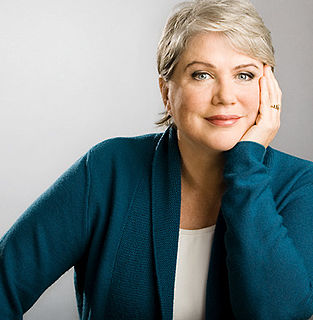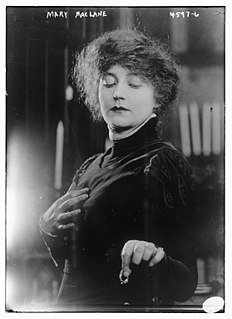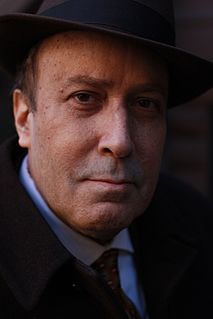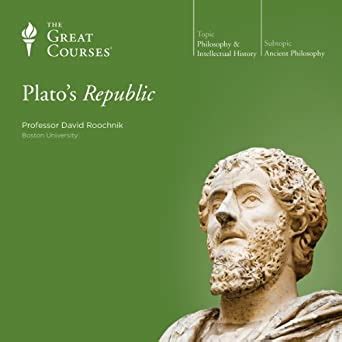A Quote by John Lennox
All human beings are moral beings. So, certainly there are alliances. We are in the countries, that are secular states, and we obey its laws. I think we must recognize that common moral base. But in alliances we must always be careful just of what level the alliance is perceived. I will go and lecture to an atheist society, for example, but I will not lecture for them, because I am not an atheist. You see the difference.
Related Quotes
I'm not saying that atheists can't act morally or have moral knowledge. But when I ascribe virtue to an atheist, it's as a theist who sees the atheist as conforming to objective moral values. The atheist, by contrast, has no such basis for morality. And yet all moral judgments require a basis for morality, some standard of right and wrong.
And people who believe in God think God has put human beings on earth because they think human beings are the best animal, but human beings are just an animal and they will evolve into another animal, and that animal will be cleverer and it will put human beings into a zoo, like we put chimpanzees and gorillas into a zoo. Or human beings will all catch a disease and die out or they will make too much pollution and kill themselves, and then there will only be insects in the world and they will be the best animal.
It is dangerous to tell the people that the laws are unjust; for they obey them only because they think them just. Therefore it isnecessary to tell them at the same time that they must obey them because they are laws, just as they must obey superiors, not because they are just, but because they are superiors. In this way all sedition is prevented.
For moral reasons I am an atheist - for moral reasons. I am of the opinion that you would recognize a creator by his creation, and the world appears to me to be put together in such a painful way that I prefer to believe that it was not created by anyone than to think that somebody created this intentionally.
Yes, I think I use the term radical rather loosely, just for emphasis. If you describe yourself as atheist some people will say, Don't you mean agnostic? I have to reply that I really do mean atheist, I really do not believe that there is a god; in fact, I am convinced that there is not a god (a subtle difference). I see not a shred of evidence to suggest that there is one...etc., etc. It's easier to say that I am a radical atheist, just to signal that I really mean it, have thought about it a great deal and that it's an opinion I hold seriously.
Human beings have rights, because they are moral beings: the rights of all men grow out of their moral nature; and as all men havethe same moral nature, they have essentially the same rights. These rights may be wrested from the slave, but they cannot be alienated: his title to himself is as perfect now, as is that of Lyman Beecher: it is stamped on his moral being, and is, like it, imperishable.
It's fantastic to believe, because they get so many benefits. I get mad at the atheist community when they put down believers because they put down religion so much. Now I am an atheist, but I don't like to describe myself with that term. I prefer secular humanist. But I do see first hand how beneficial religion is, for example if you are a refugee getting in a boat to take you across the Mediterranean, a belief in God is an advantage. I completely understand that comfort.
I declare that this government is no longer a constitutional and moral form of government. I will deal with it, and I will obey its laws, and I will support it when it is defending our country from foreign and domestic enemies. I will vote in its elections and participate in its political debates. But I will never accept it. I aim at a restoration of constitutional and moral order.
If you want to understand what it means to be afraid, what fear as experienced by human beings is, then your focus must shift. No longer will you be satisfied with mechanical, physiological, neurological accounts. For this inquiry will require you to observe closely what human beings feel, sing, think, write and say to one another.
Monsters remain human beings. In fact, to reduce them to a subhuman level is to exonerate them of their acts of terrorism and mass murder — just as animals are not deemed morally responsible for killing. Insisting on the humanity of terrorists is, in fact, critical to maintaining their profound responsibility for the evil they commit. And, if they are human, then they must necessarily not be treated in an inhuman fashion. You cannot lower the moral baseline of a terrorist to the subhuman without betraying a fundamental value.






































